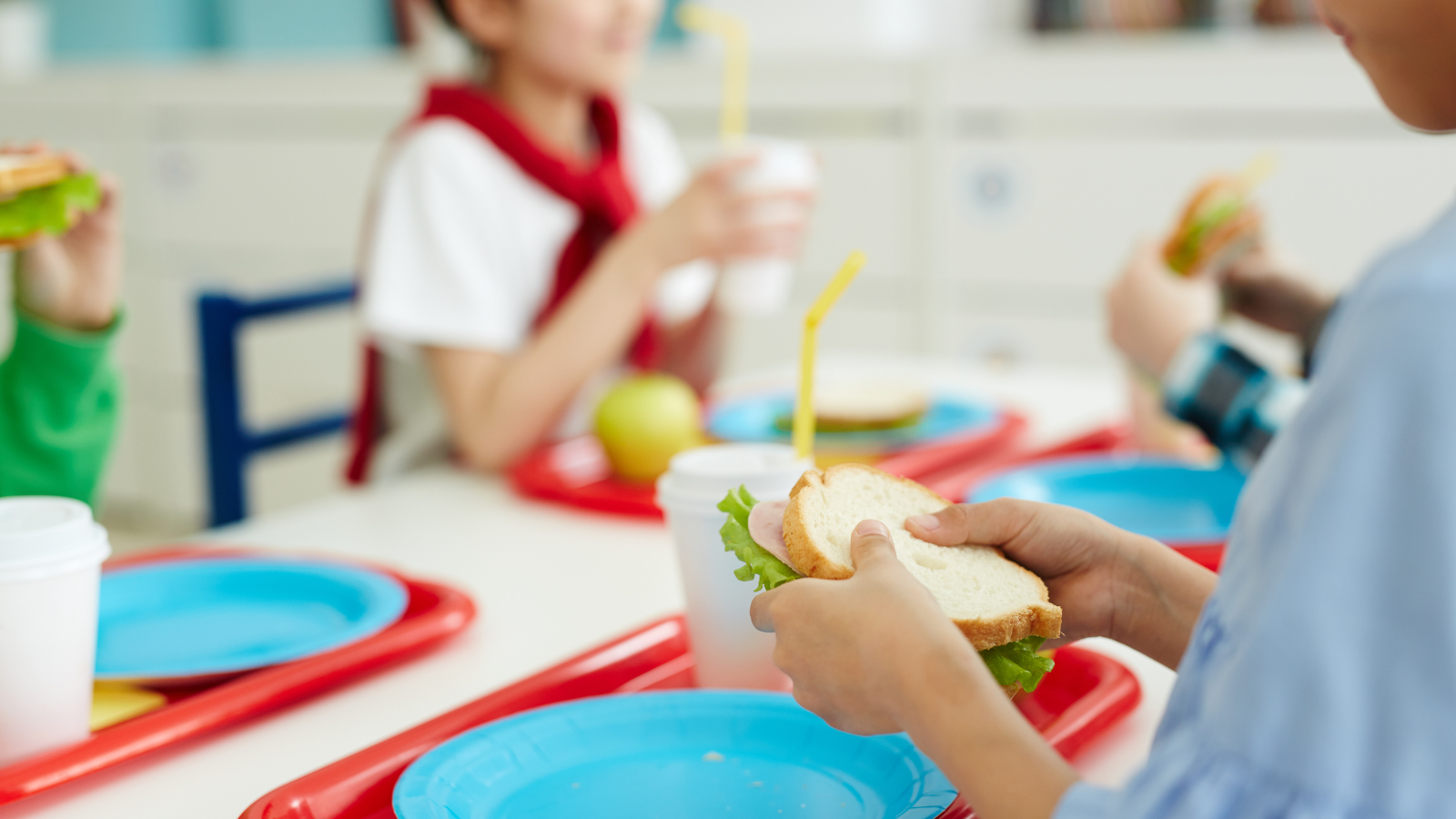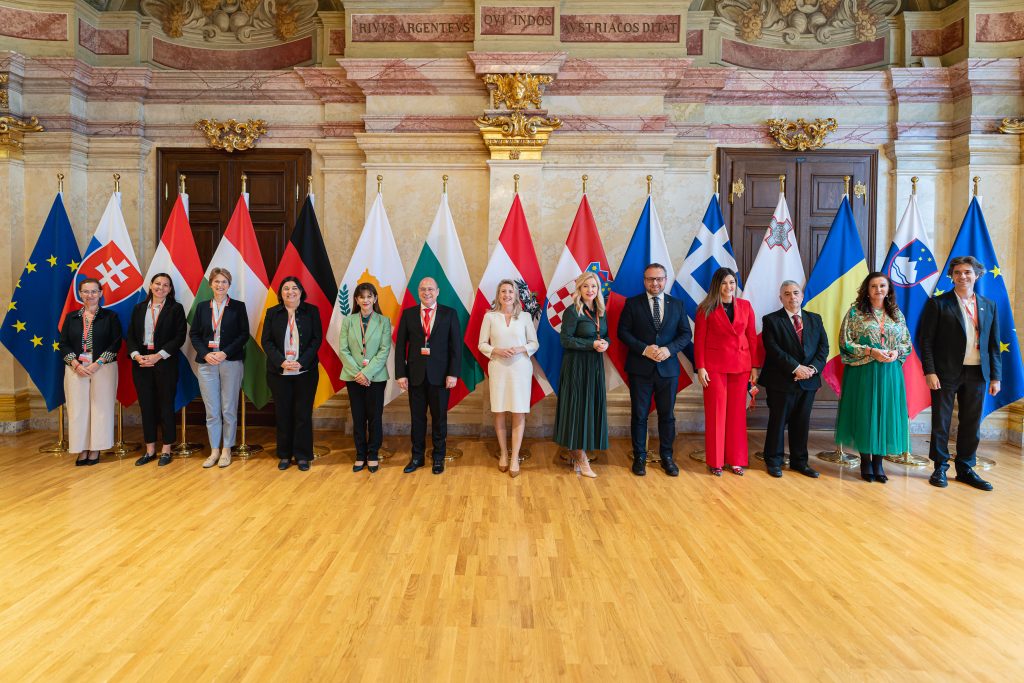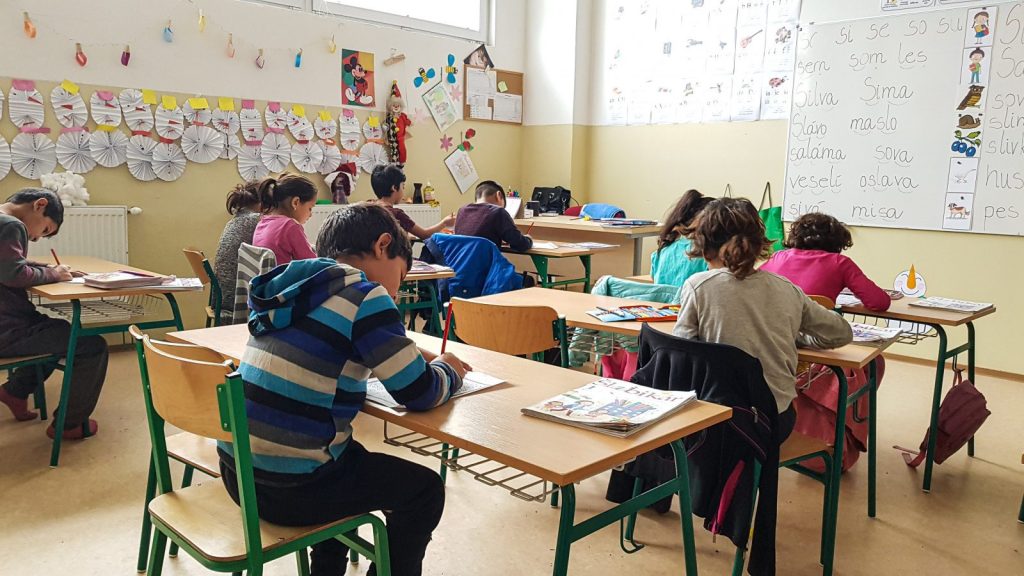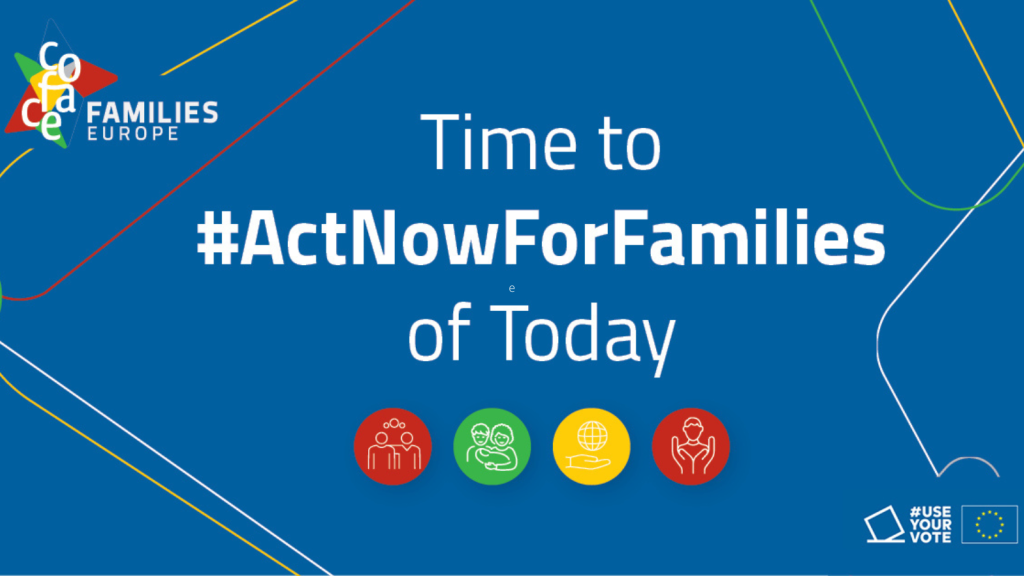“The situation is alarming, the number of requests for help increased by 30% last year and we expect another increase this year,” says Ivana Tykač from WOMEN FOR WOMEN, a COFACE member organisation.
Several institutions in the Czech Republic focus on providing lunches to children from low-income families. The leader in providing food voucher care is the WOMEN FOR WOMEN, o.p.s.: Lunches for Children (W4W) project, financially supported by the Ministry of Education of the Czech Republic. Last year, 1,234 schools and school canteens were involved, and 18,765 children were registered. The total amount of funds spent through this project on children’s lunches exceeded CZK 60 million (€. 2.3M).
Another programme that provided free lunches for about 1000 kindergartens and primary school children, was the European FEAD programme, supported by the Ministry of Labour and Social Affairs of the Czech Republic. The third source of funds was the municipalities themselves, which in some cases also contribute to financing lunches for children whose parents cannot afford to pay for school meals. In total, therefore, lunches are provided for 30 000 children.
The cost of meals in Czech schools began to rise during the past year. The number of applications for support from the W4W: Lunches for Children project increased by 30% last year. In 2023, the growth in applications will be even more dramatic, according to W4W. W4W has already seen the price of school lunches rise by around two to four crowns in the second half of last year. The situation varies from region to region, but school canteens everywhere will have to respond to the rise in commodity and energy prices this year.
More and more parents in difficult economic situations will not be able to pay for their children’s school lunches. “For 2022, we registered an increased interest in the Lunches for Children project. We expect that up to 20,000 children will be registered this year, which represents an amount of up to CZK 100 million,” says Ivana Tykač, co-founder and director of W4W, adding: “While last year one in eight children could not eat lunch at school for financial reasons, by 2023 one in six schoolchildren will be able to do so.”
In 2022, schools and school canteens from all regions, including Prague, have applied for free school lunches for their pupils. The largest number of schools in the Central Bohemia and Moravia-Silesia regions took part in the W4W: Lunches for Children project. In Prague alone, there were about 100 schools. On average, 27% of all schools in the regions are registered in the project (the lowest in Vysočina Region – 16%, the highest in Ústí nad Labem Region – 38%).
“In terms of the number of schools involved, pupils and total funds spent, the largest amount of assistance was directed to the Moravian-Silesian Region,” says Kamila Šaffková, family counsellor and mediator at W4W. She also adds that for W4W the partner is always the primary school, not the parent. If a parent is interested in support, it is therefore necessary to contact the school first.
“Teachers are usually very familiar with the situation of the children and their parents and when applying to the project they keep in mind that we provide help where it is really needed. This way, we can be sure that the help will actually reach the children, i.e., that they will regularly receive a balanced and hot meal and can eat their lunch in the school canteen together with their classmates,” says Ivana Tykač.
Each application is dealt with individually by W4W as part of the approval process. For a child to receive free school lunches, parents must meet several basic criteria – they must take care of their children, communicate and cooperate with the school, and properly sign out lunches when necessary.
The W4W’s Lunches for Children project is made possible by generous donors and is supported by the Ministry of Education.
Find out more about the project here.
Photo: ©shironosov via Canva.com





